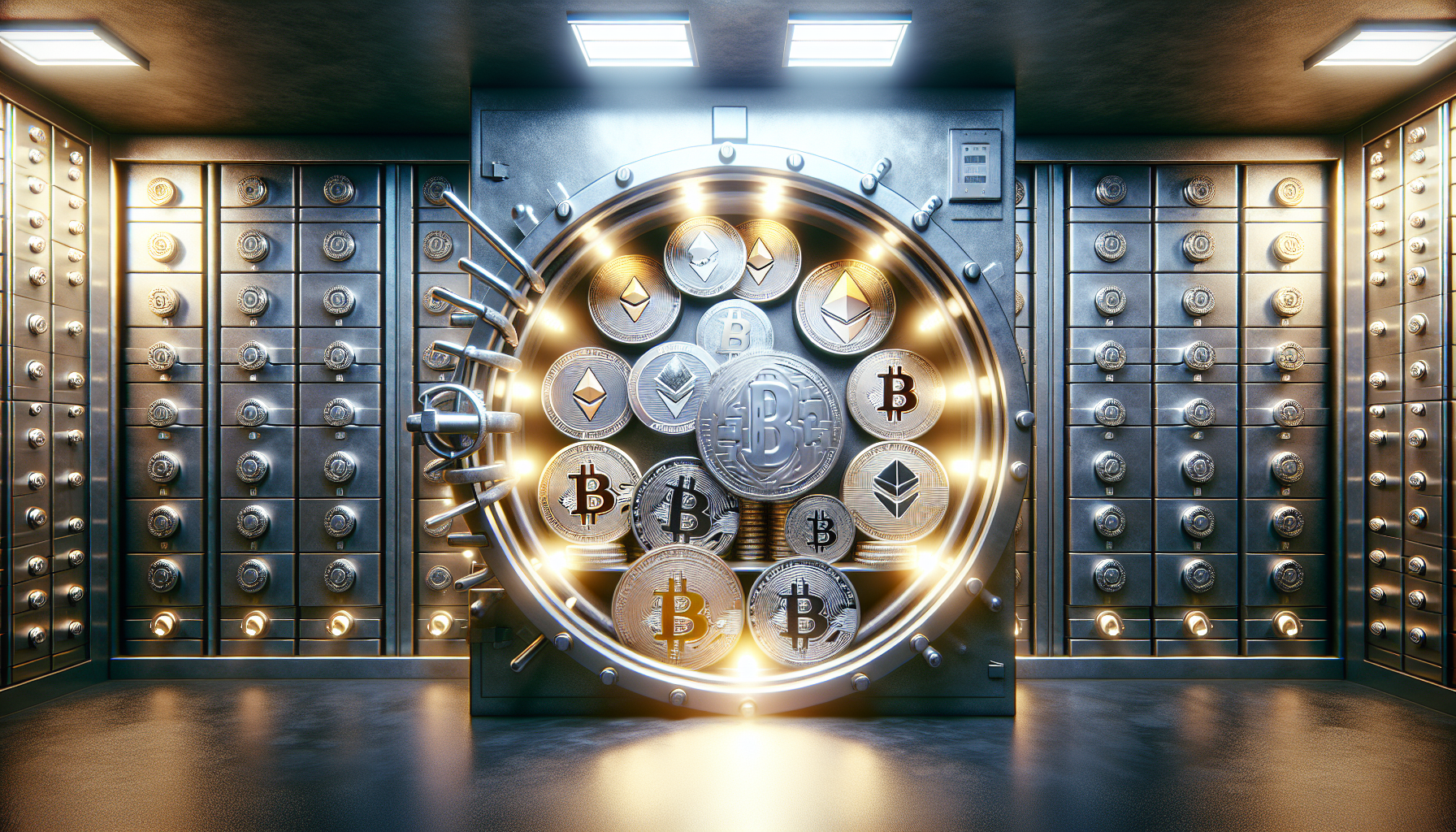
tl;dr
A high-stakes conflict is unfolding between Tron founder Justin Sun and World Liberty Financial (WLFI), a DeFi project linked to the Trump family, over a frozen wallet containing 540 million unlocked and 2.4 billion locked WLFI tokens. Sun, who invested $75 million into WLFI, claims the freeze vio...
**Blockchain Battle: Justin Sun vs. WLFI – A Clash of Trust and Control**
The crypto world is abuzz with a high-stakes showdown between Tron founder Justin Sun and World Liberty Financial (WLFI), a DeFi project tied to the Trump family. At the heart of the feud: a frozen wallet holding 540 million unlocked WLFI tokens and 2.4 billion locked tokens, allegedly blacklisted by WLFI without explanation.
**Sun’s Outcry: “Tokens Are Sacred”**
Justin Sun, who invested $75 million into WLFI and claims to be its largest outside backer, has publicly condemned the freeze as a betrayal of blockchain’s core principles. “Tokens are sacred and inviolable,” he wrote on X (Twitter), demanding transparency and the immediate unlocking of his assets. For Sun, the move isn’t just a personal affront—it’s a threat to WLFI’s credibility. “Unilateral actions like this risk damaging broader confidence in the project,” he warned, emphasizing that trust is the lifeblood of decentralized finance.
WLFI, however, insists the freeze was a necessary response to “suspicious exchange activity.” The project accused Sun of funneling tokens to trading platforms, potentially using them to manipulate WLFI’s price. While WLFI didn’t name the exchange, speculation has focused on HTX, a platform where Sun holds significant influence and where WLFI recently offered a 20% annual percentage yield (APY) on deposits.
**A Market in Turmoil**
The fallout has sent WLFI’s token price tumbling. After Sun’s wallet reportedly transferred 50 million WLFI tokens—worth around $9 million—to exchanges, the price dropped nearly 50%, from $0.30 to $0.15. Sun denies any wrongdoing, calling the transactions “minor deposit tests” with negligible market impact.
**Community Splits: Scammers or Overreach?**
The WLFI community is now fractured. Some users accuse Sun of secretly offloading tokens or using user funds to prop up his own holdings. Analyst Jacob King called both Sun and WLFI “scammers,” urging investors to flee the project. Others, however, see WLFI’s freeze as a dangerous overreach. “Wouldn’t freezing tokens undermine the very foundation of trust and transparency that blockchain promises?” one user asked.
Even industry veterans are taking sides. Analyst Quinten François raised questions about WLFI’s reported trading volumes, suggesting discrepancies could indicate early selling by Sun and exchanges. Meanwhile, critics argue that WLFI’s token supply—only 6.8% of its $1 billion total value in circulation at launch—points to concentrated selling by major holders.
**A Political Flashpoint**
The dispute has taken on political dimensions, too. An open letter from WLFI supporters urged Donald Trump, a vocal backer of the project, to pressure regulators to investigate Sun’s trading activities. “Such behavior erodes investor confidence but may also cause irreversible damage to the crypto project you have publicly supported,” the letter warned.
**Decentralization vs. Control: The Bigger Picture**
At its core, the WLFI controversy highlights the tension between decentralization and centralized control in crypto. Sun frames himself as a victim of overreach, while WLFI defends its actions as a safeguard against manipulation. Both narratives, however, fuel skepticism in a space already wary of opaque governance and insider influence.
As the battle rages on, one question lingers: Can a project built on decentralization survive when its leaders clash over control? And what does this mean for the future of trust in DeFi?
What do you think? Is Sun a whistleblower or a manipulator? Does WLFI’s freeze protect investors or betray the ethos of blockchain? The answers may shape the next chapter of this high-stakes crypto drama.